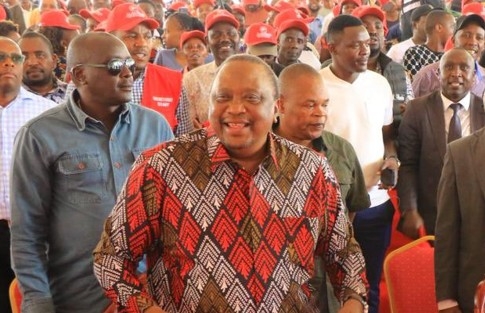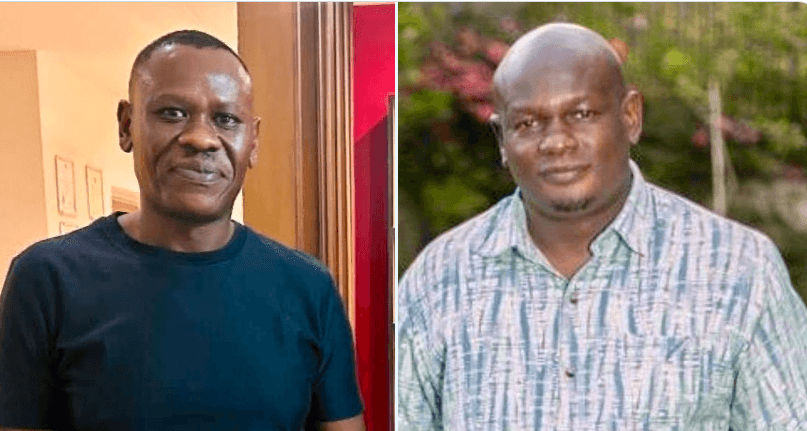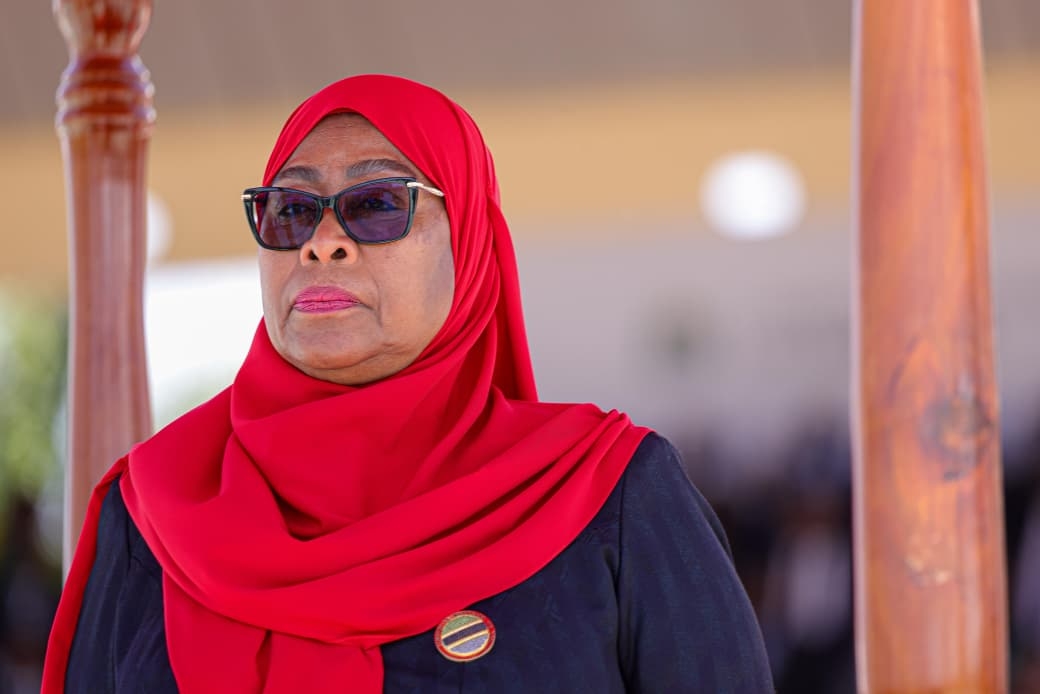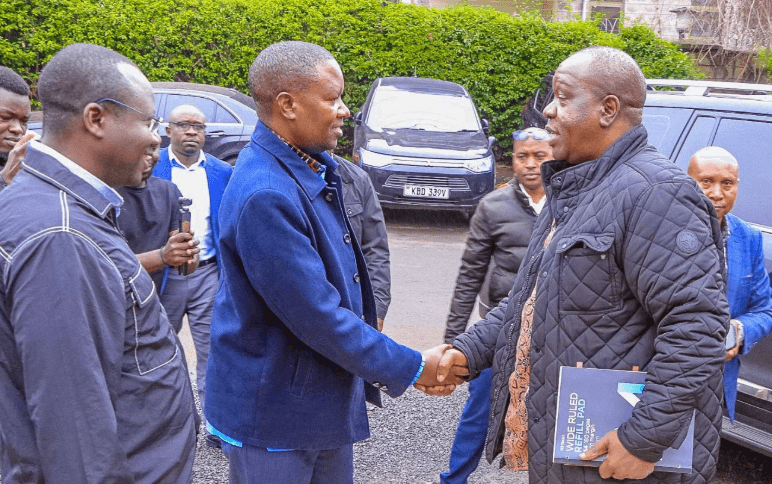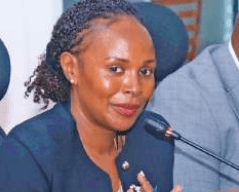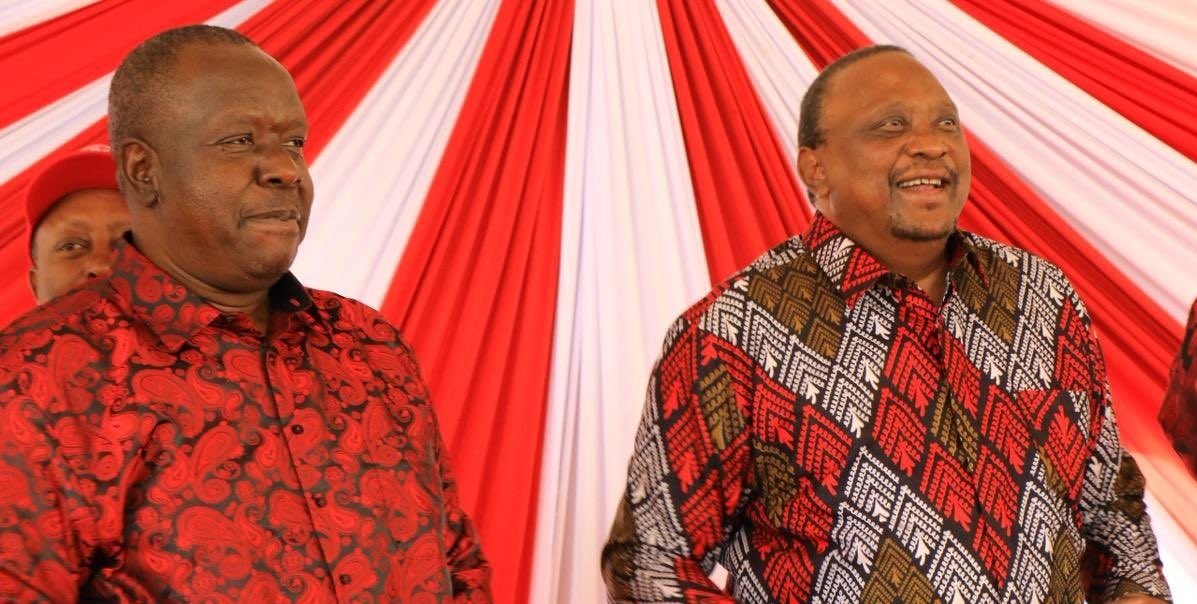
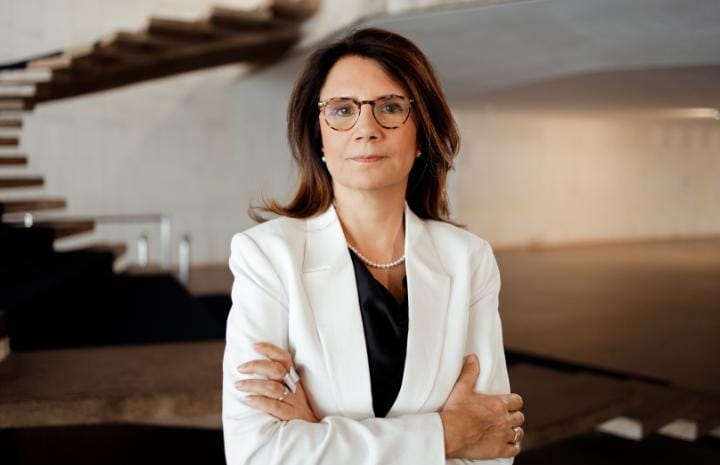
As the world prepares for the 30th United Nations Climate
Change Conference (COP30) in Belém, Brazil, Kenya is emerging as a key voice in
shaping the global climate agenda.
With over 80 per cent of its electricity generated from
renewable sources and a youthful population demanding green jobs, the East
African nation is being hailed as a model for clean energy transition and
climate resilience.
Ana Toni, the CEO of COP30, says the country’s progress is
not just impressive. It is transformative.
“Kenya’s achievement, generating more than 80 per cent of its
electricity from renewables, is an inspiration,” Toni told the Star in an
interview ahead of the conference.
“It shows that clean energy is possible now, not in the
distant future.”
Toni emphasised that COP30, scheduled for November 10–21 in
Belém, will spotlight such examples from the Global South.
“The ‘Baku to Belém’ roadmap is designed precisely to turn
these success stories into global momentum,” she said.
“We want to ensure that countries pioneering renewables,
like Kenya, can access the finance, infrastructure and technology they need to
scale further and faster.”
Kenya’s renewable energy mix includes geothermal, wind,
hydro and solar.
The country is Africa’s top producer of geothermal power,
with the Olkaria fields in Naivasha supplying nearly half of its electricity.
The Lake Turkana Wind Power Project, Africa’s largest wind
farm, contributes up to 17 per cent of national demand.
A Youthful Push for Green Jobs
With 75 per cent of Kenya’s population under the age of 35,
the demand for climate action that delivers economic opportunity is growing
louder.
Young Kenyans are not just calling for change, they are
building it.
“Climate action is not just about cutting emissions,” Toni
said. “It translates directly into jobs, innovation, and economic growth.”
This sentiment was echoed by climate activist Elizabeth
Wathuti.
“We are the generation that will live through the consequences of climate inaction,” Wathuti said. “COP30 must be a turning point, not just for policy, but for people.”
Toni pointed to the country’s entrepreneurial youth and
abundant renewable resources as a powerful combination.
“Emerging economies like Kenya are especially well placed to
lead. They have every opportunity to showcase solutions that drive progress,”
she added.
COP30, she added, will prioritise youth empowerment by
creating platforms for young innovators to access funding, mentorship and
global exposure.
Speaking earlier in the year, Wathuti stated that there are
solutions to climate crisis, and they are being spearheaded by the youth.
‘We have so many solutions being spearheaded on the ground
by communities and young people. These solutions are real, they are tangible,
and we need to stop looking the other way and accelerate action globally,” she
said.
The Finance Gap
Despite its leadership, Kenya, like many African nations,
faces a stark imbalance in climate finance.
Africa receives less than five per cent of global climate
funding, despite contributing the least to global emissions and suffering some
of the worst impacts.
“Africa receiving less than five per cent of global climate
finance is a shocking imbalance,” Toni said.
“COP29 in Baku made progress toward defining a new
collective quantified goal on climate finance. At COP30, we are building on
that.”
Toni revealed that the COP30 and COP29 presidencies are
working on a roadmap to mobilise US$1.3 trillion in climate finance by 2035.
The plan includes more concessional and grant-based finance,
debt relief linked to climate action, and a stronger focus on adaptation.
She cited the 2023 Nairobi Declaration, adopted during the
inaugural Africa Climate Summit, as a key source of inspiration. “It’s a
powerful call for equity and ambition,” she said.
Adaptation as a Priority
Kenya’s economy loses between two to 2.8 per cent of its GDP
annually due to climate-related disasters like floods and droughts.
For countries on the frontlines, adaptation is not optional.
It is urgent.
“Adaptation must be one of the major achievements of COP30,”
Toni said.
“We are developing a comprehensive package that includes the
Global Goal on Adaptation indicators, national adaptation plans, and adaptation
financing.”
She stressed that adaptation funding should not be seen as
competing with mitigation efforts.
“They are vital for enhancing preparedness and building
resilience. Strengthening adaptation measures will also empower countries to
implement more effective mitigation actions in the long run.”
Kenya’s Role in the Global South
Kenya’s leadership was on full display during the Africa
Climate Summit in Nairobi, where it helped unify African voices on climate
justice and finance.
Toni believes that the same convening power will be crucial in
Belém.
“Kenya has shown that it can lead not only by convening but
also by example,” she said. “
Within the ‘Baku to Belém’ process, Kenya can help ensure
that emerging countries speak with ambition and unity.”
She added that Kenya’s credibility, built on real
achievements in renewable energy, positions it to push for stronger equity in
global climate governance.
South–South Cooperation
Toni also highlighted the potential for deeper collaboration
between Brazil and African nations like Kenya.
Both face similar challenges, including expanding renewable
energy, building climate resilience and promoting sustainable agriculture.
“Through South–South cooperation, we aim to align priorities
across the COP30 agenda: fairer finance, just energy transition, and stronger
resilience,” she said.
“The Brazil–Kenya partnership can serve as a bridge, showing
that when the Global South leads together, it can help develop, shape and
deliver global solutions.”
A Legacy of Delivery
Looking beyond the summit, Toni said COP30 must leave a
legacy that resonates with people, not just policymakers.
“The legacy of COP30 must be more than a declaration. It must
be delivery and acceleration,” she said.
“That means honouring past promises, raising our global
ambition, and strengthening multilateralism.”
She acknowledged that the climate regime has often struggled
to connect with people’s daily lives.
“Belém must be a landmark for us to change that,” she said.
“We must move from negotiation to transformation, from words to work.”
For Kenya’s youth and frontline communities, that legacy could mean more than hope it could mean tangible progress.




